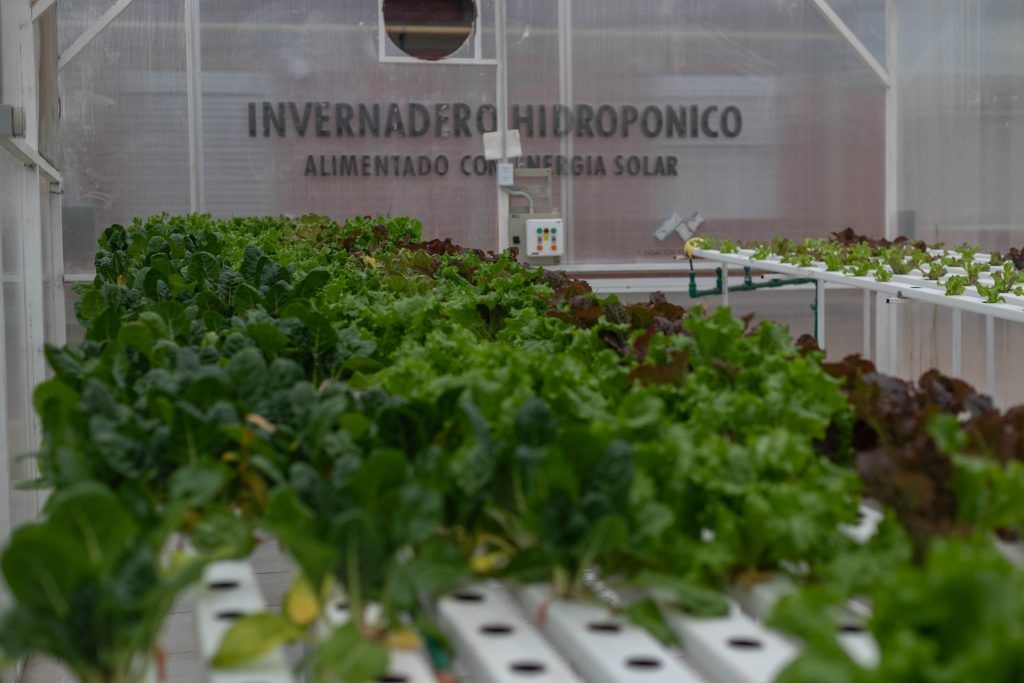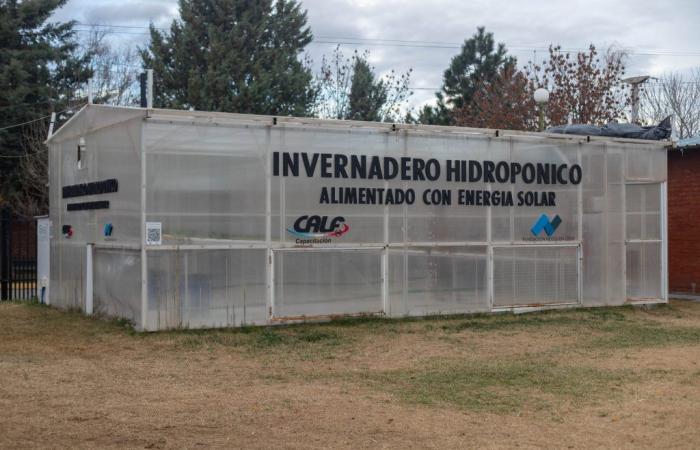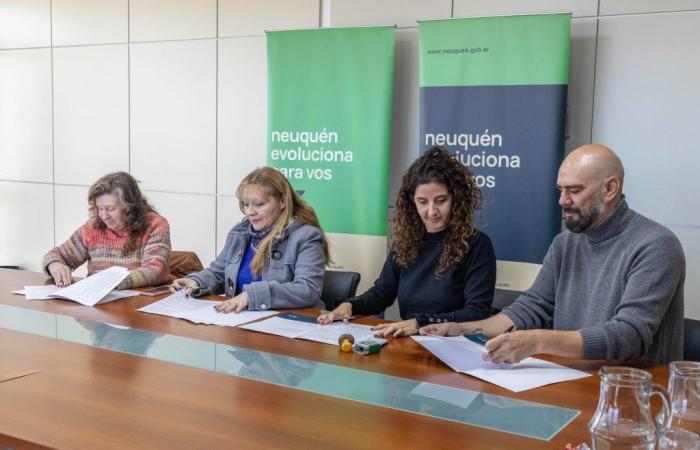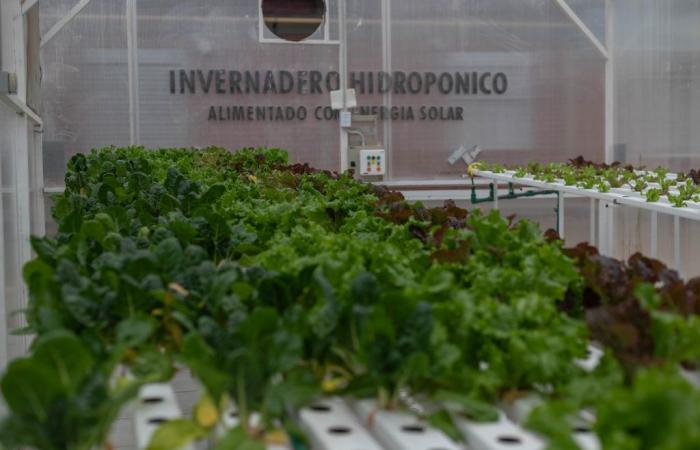Through a call for proposals that prioritized innovation projects with territorial impact, the project received an investment of more than 8 million pesos from the Federal Innovation Program of COFECyT. The Neuquén Agency for Innovation for Development (ANIDE) was in charge of receiving, evaluating and ranking the projects.
The executive secretary of the Neuquén Agency for Innovation for Development, Ana Servidio, together with representatives of the Julio Palacios Foundation, the CALF Electric Cooperative and the Provincial Education Council signed an agreement for the implementation of a project that aims to train 4,000 students, parents and the educational community of four schools in the city of Neuquén in renewable energy and sustainable gardens.
An investment of 8,235,500 pesos will be available for its implementation, with support from the Federal Innovation Program of the Federal Council of Science, Technology and Innovation of the Nation (COFECyT). Water pumps and tanks, solar heating panels for the garden, deep cycle batteries, tools and hardware supplies will be purchased.
The Julio Palacios Foundation will manage the funds, while the CPE will provide the human resources (teachers and workers) and CALF will provide technical assistance. The proposal will be carried out at the Professional Training Center (CFP) No. 35, at schools 101, Nuestra Señora de la Guardia and Neuquén Oeste.
Project director Martín Rivas commented: “The aim is to emphasise sustainable primary production; we want to talk about agroecology, the sustainability of resources and not putting them at risk for future generations, being able to take care of water and soil and showing alternative forms of energy.”

He added that “the project is proposed in two formats: one is hydroponic, whose strength is sustainability in the use of water; The other is a terraced garden where we are going to talk about caring for the soil, the efficient use of water and the diversity of crops. In this way, all the information is given to the students so that they can contrast and draw their own conclusions regarding the two models.”
She added that this proposal, “is being proposed in these four schools that already have gardens, so there is a certain structure that can make it work and sustain it over time. It would be a great challenge to be able to reach all the schools because the garden links many issues of the programs; in a garden you can talk about mathematics, biology, geography, production.”
The financing of the proposal was approved by the Federal Innovation Program of COFECyT. In this call, innovation projects with territorial impact in the province were prioritized. ANIDE, dependent on the Secretariat of Planning and Institutional Linkage, is the application authority and in charge of receiving, evaluating and prioritizing projects.
The call had the objective of contributing to the federalization of science and technology, promoting an inclusive territorial innovative culture, aimed at reducing existing asymmetries in access to scientific and technological knowledge. It sought to provide solutions to specific social, productive or environmental problems with a municipal, regional and provincial scope.




